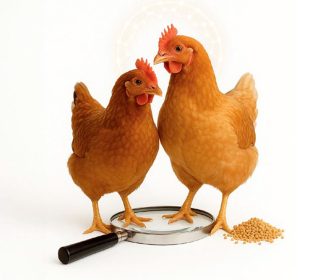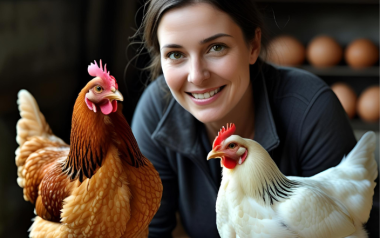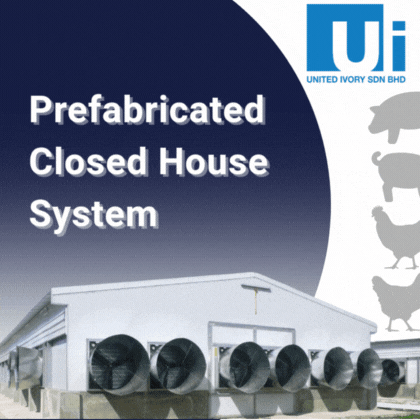02 Dec 2022
Effects of artificial turf and manure removal system in cage free systems
Researchers from the Department of Animal Sciences at Purdue University assessed the effect of artificial turf and a manure removal […]
Researchers from the Department of Animal Sciences at Purdue University assessed the effect of artificial turf and a manure removal system in cage-free systems. It was a project together with the USPOULTRY and the USPOULTRY Foundation that was also carried out on MPS Egg Farms.
“The research was made possible in part by MPS Egg Farms and proceeds from the International Poultry Expo, part of the International Production & Processing Expo (IPPE). The research is part of the Association’s comprehensive research program encompassing all poultry and egg production and processing phases.”
Details of the project
Title
Improving Cage-Free Air Quality, Hen Welfare, and Egg Quality with Artificial Turf and a Manure Removal System
Introduction
Cage free housing systems provide laying hens with opportunities to perform nesting, dustbathing and perching behaviors that are beneficial for hen welfare. However, cage-free systems are associated with reduced air quality compared to caged systems.
In cage free systems, there is also a risk that hens will lay eggs on the floor (floor eggs), where the eggs are more likely to be cracked and contaminated with excreta and bacteria.
Floor eggs impose additional costs to the producer in terms of unsaleable eggs and labor needed to collect the eggs. The overall goal of this research project was to test the effectiveness of artificial turf flooring and a manure removal system in a cage free system and compare it to wood shavings bedding.
Objective
To determine whether early experience with artificial turf improves hens’ use of the floor area and evaluating the effects of artificial turf and a manure removal system on air quality, external egg quality, and hen welfare and productivity in an aviary-style system.
Results
- Floor substrate influences hen welfare parameters during rearing and during lay, and the influence on welfare depends on the age at which welfare is assessed as well as the genetic line of the bird.
- The use of AstroTurf reduced ammonia levels in cage-free housing, was associated with dirtier eggs and fewer floor eggs and influenced some hen behavior.
- AstroTurf may be an acceptable alternative to shavings in cage-free housing, but further work is needed to fully examine the implications for hen behavior at older ages.
Source: USPOULTRY
Read the full research report here
It may interest you: Caged and cage-free laying hens







































